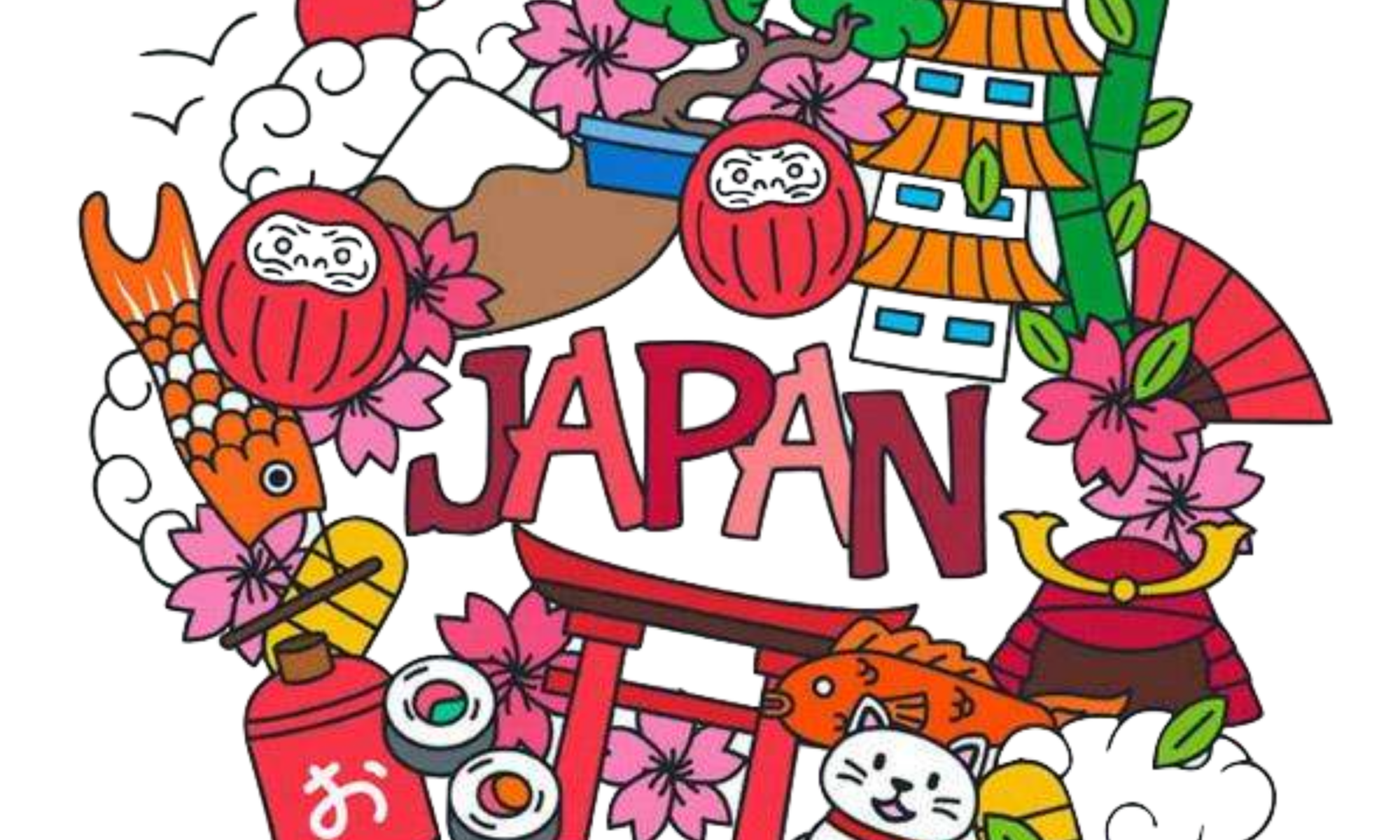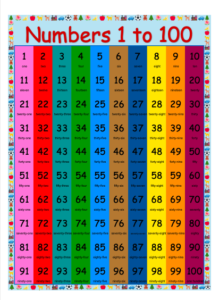and but or so because
Use these words (conjunctions) to join two sentences.
sentence A: The car stopped.
sentence B: The driver got out.
A + B: The car stopped and the driver got out.
We stayed at home and watched TV.
My sister is married and lives in London.
He doesn’t like her, and she doesn’t like him.
In lists, use commas (,). Use and before the last thing:
I like apples, bananas and oranges.
I bought a sandwich, but I didn’t eat it.
It’s nice house, but it doesn’t have a garden.
Do you want to go out, or are you too tired?
It was very hot, so I opened the window.
Joe does a lot of sport, so he’s very fit.
They don’t like travelling, so they haven’t been to many places.
I opened the window because it was very hot.
joe can’t come to the party because he’s going away.
Lisa is hungry because she didn’t have breakfast.
AND, BUT, SO, and BECAUSE.
1. I was late for class this morning … the bus was late.
2. I usually go home at four o’clock, … then I watch TV for an hour.
3. My classmate studies very hard, … she always gets good grades.
4. Thomas was really hungry this morning … he didn’t eat breakfast.
5. We went to the airport, … we forgot to bring our suitcases.
6. Cathy decided to order spaghetti, … Gary decided to order a pizza.
7. I was very sick yesterday, … I didn’t go to work.
8. I fell off my bicycle … I wasn’t careful.

